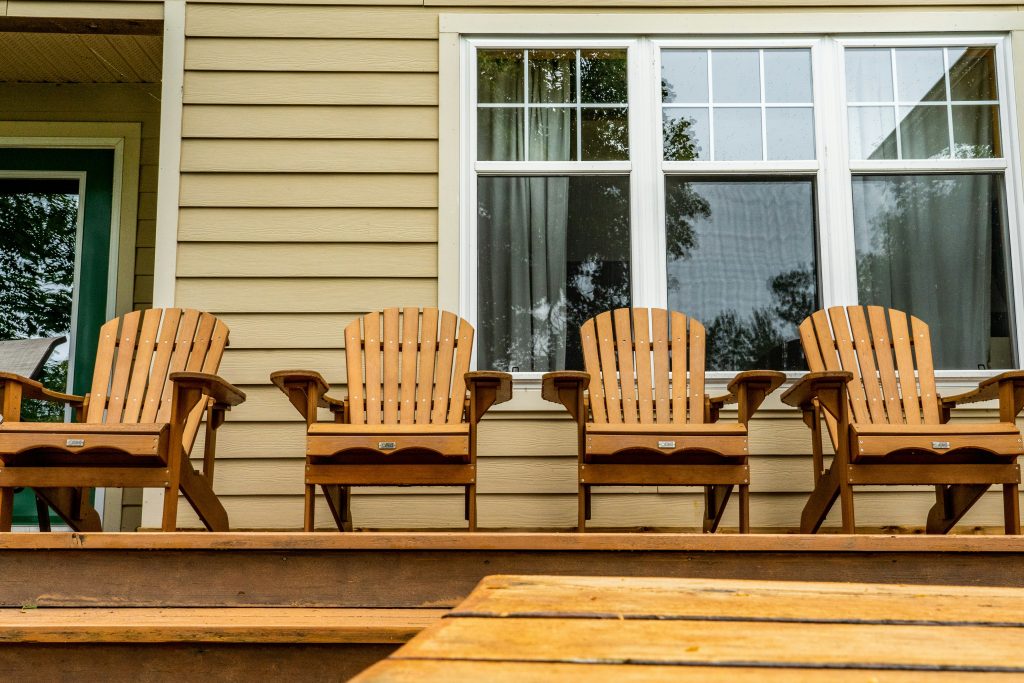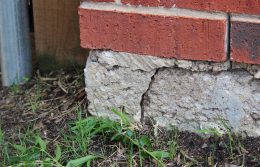Caring For Fences and Decks
Fences and decks shape a home’s exterior, offering privacy, security, and a comfortable space to gather outdoors. With proper care, they can last for years, but eventually, every structure reaches the end of its lifespan. Here’s how you can get the most out of your fences and decks, while knowing when to replace them.

Maintenance and Repair
Caring for outdoor wooden structures starts with regular cleaning and inspection. Sweeping leaves and debris off decks helps prevent mold and decay. Periodically spray both decks and fences with gentle outdoor cleaner and rinse with a hose. When necessary, power wash on a low pressure setting to remove tough buildup, following all manufacturer’s recommendations.
Regular inspections can catch small issues before they become expensive. Has anything started to rot, gape, or collapse? Are all connections still tight? For decks, is the flashing (water barrier) intact and properly sealed? Is anything cracked, warped, or peeling? Address minor damage promptly — tighten loose screws, replace rusted hardware, and swap out rotting boards or posts before the problem spreads. Most decks and fences need to be resealed every few years and possibly also re-stained.

When to Replace Your Deck or Fence
Wooden fences and decks usually last between 10 and 20 years, depending on the materials and maintenance. Minor damage can be repaired, but when you begin seeing large sections of rotted or splintering wood, parts of the structure that lean or sag, extensive insect damage, or so many smaller repairs that the expense is no longer justified, it’s time to replace it.

Best Wood Choices for Durability
When you do replace your deck or fence, choose the material thoughtfully. Of the many options, the most popular woods tend to be cedar, redwood, and pine. Cedar and redwood have the advantage of being exceptionally durable, with rich coloring and natural resistance to moisture, insects, and decay. Pine is significantly less expensive, can be easily stained or painted, and is a great candidate for pressure treatment, which infuses wood with chemical preservatives to make it more durable. You may also consider wood alternatives like vinyl or composite wood crafted from recycled materials, which require little or no maintenance and can be gentler on the environment.
Outdoor wooden structures can take a beating, but properly cared for, they can stay strong for years to come. Inspect your decks and fences regularly and set resealing reminders. When repairs start adding up, a full replacement may be the smartest investment. A professional can help you make the call if you’re unsure.
Don’t forget to spring-clean your outdoor spaces so you can enjoy them when the weather permits.
© 2025 Texas Farm Bureau Insurance



